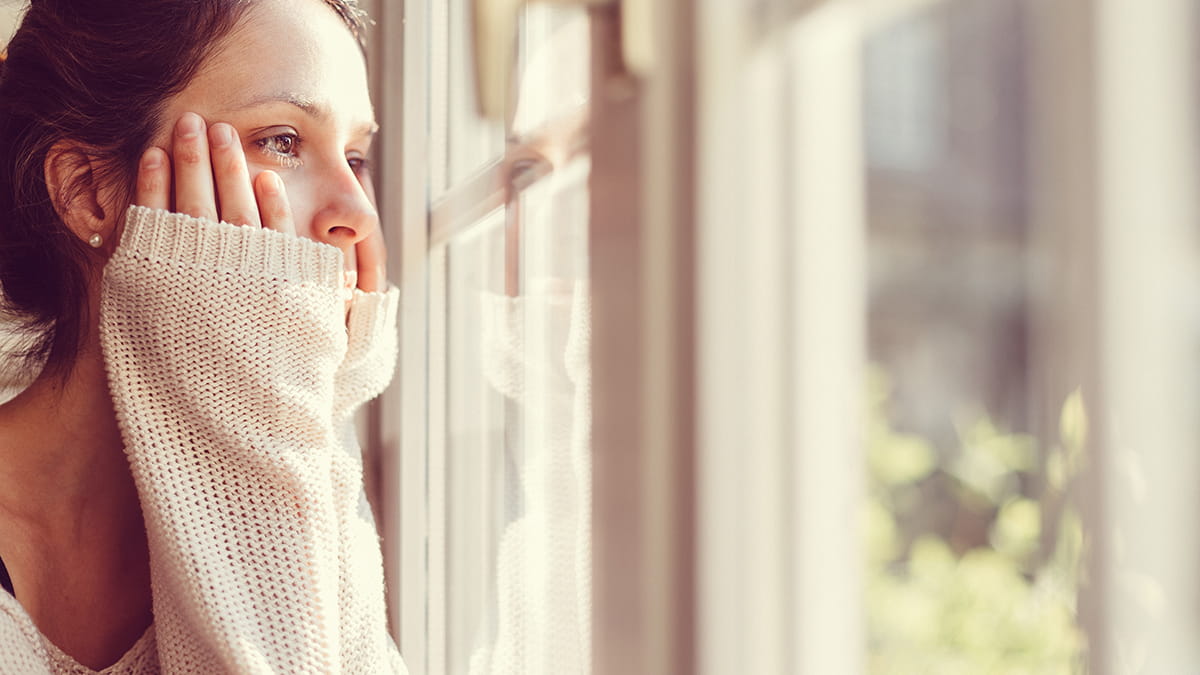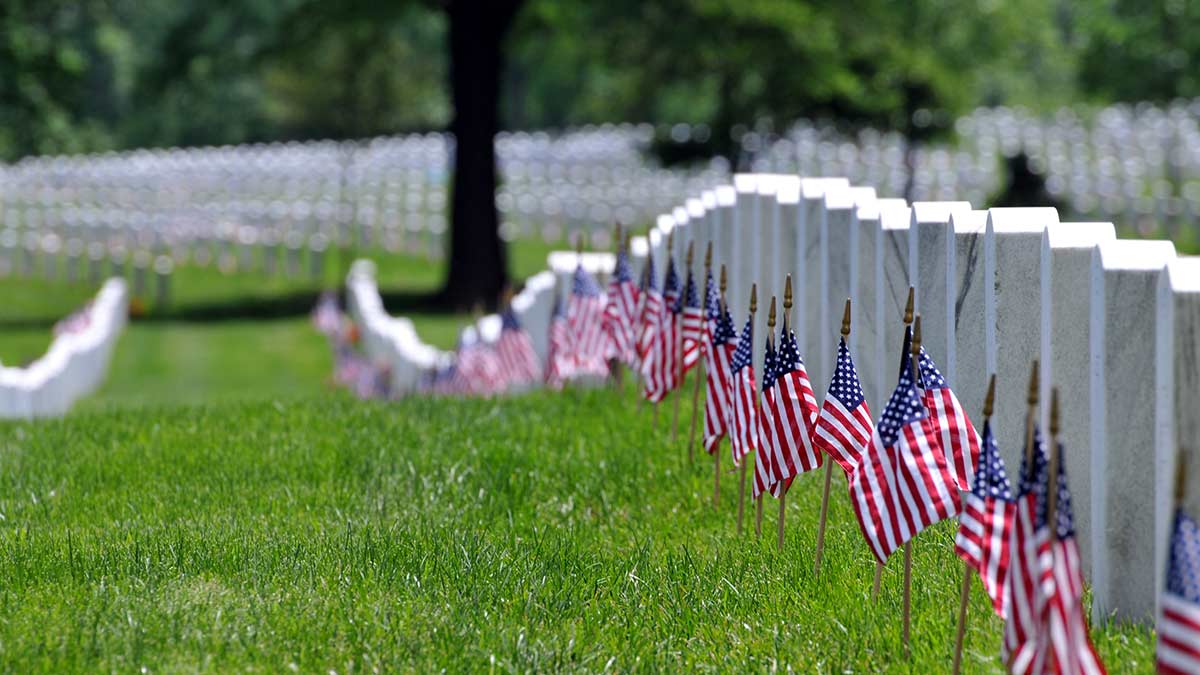10 practical tips to ease your fears about coronavirus

As the coronavirus continues to spread around the world, so do the fears about how this will impact our daily lives. So much is unknown about this disease, and this uncertainty is causing stress and anguish for many people.
Understanding that this will be more of a process than an event is key. How it unfolds and when and where it will impact is unknown.
So what we’re talking about is managing uncertainty. When things are uncertain, our imagination begins to run away with our thoughts. It’s a growing and compounding “what if.”
It’s important to remember that many aspects of the coronavirus and your risk of exposure are well within your grasp to manage. Ground yourself in the reality of each day. Weigh the decisions you make with regard to travel vs. working from home or traveling to visit friends and relatives.
This anxiety is tied to uncertainty about our futures. Yet we cope with this every single day. We know how to cope when the highway in front of us backs up, or when plans change or even when a loved one is ill and requires immediate health care.
What is mindfulness?
Mindfulness is being awake to the moments of our lives—both pleasant and unpleasant—as they’re happening. This means paying attention to how something makes you feel, what your initial reaction is, etc., and considering these as valuable guideposts, but then taking the time to respond to the situation, rather than just react.
Mindfulness is NOT positive thinking, it’s being honest with yourself, evaluating what you can and can’t control, and moving forward with your life.
How can practicing mindfulness keep us calm during these uncertain times?
Mindfulness is “disaster preparedness” in the sense that it’s a practice that helps us not freak out when our initial reaction is to freak out by catastrophizing what MIGHT happen. Some people live their whole lives in preparation for what might happen, always preparing for the worst.
Mindfulness is a way to help us stay with what actually is. Mindfulness practice helps us have the confidence that we’ll be able to deal with what is. It helps us distinguish between what we know for sure is the reality, and what’s fear-based living.
Mindfulness gives you the confidence that you can solve things that you can control, and let go of the worry about things you can’t control. This practice will come in very handy if we do in fact face cultural changes due to this virus.
How can we cope with the coronavirus?
Here are 10 tips for coping with this high health alert.
- Have confidence that our public health officials are acting in our best interest and will do all that they can to protect us.
- Educate yourself at the world level and seek accurate information from trusted experts. But don’t overexpose yourself to too much information. Pay attention to how YOU are perceiving the information. Try not to engage in stories and or conversations where people may tend to embellish information they’ve taken in about the virus.
- Weigh this information in relation to the national aspects of coronavirus. Think about where things are happening in the United States. Think about your family and loved ones. Are any of them at risk? Pay attention to how YOU are perceiving the information.
- Reach out to family and friends and openly acknowledge your concerns. Understand the reality that the virus is rapidly spreading and likely will come to your state eventually.
- Understand the local perspective. Keep yourself aware of local efforts to avoid the spread of the illness. Understand there’ll be policies and procedures put in place for your city and state. It might be beneficial to have advance discussions with your employer to understand what their plan of action will be. Likely their decisions will impact your plans of action.
- Monitor the virus, understand where it is and choose your best next steps to manage the uncertainty. For example, buying supplies, cleaning your house, disinfecting shopping carts when you pick them up at the store, frequently washing your hands and not touching your face with your hands are all choices you can make. These are all actions that are within your ability to manage. You may choose to limit your travel, and to visit with friends and families in smaller groups, perhaps meeting at each other’s homes rather than in public restaurants as you normally would.
- Remember that we’re all in this together. Everyone will be in the same situation. Do your best to prevent spread of germs by washing hands frequently and coughing or sneezing into your sleeve. Don’t become obsessed with what MIGHT happen. As disruption in our daily lives may become a reality, seek feedback from trusted family and peers to think about how they plan to cope, what their next moves will be.
- Reframe your thinking. Instead of thinking of the negative aspects of disruption—such as large public events being canceled or schools shutting down, reframe your thinking to see opportunities. If your children’s school shuts down, you have more time with your children. Consider who you could partner with if you have to go to work and your children aren’t in school. Remember that you problem solve all day every day when you have children.
- Understand the ways you can protect yourself without feeling isolated and alone. In a day where we have more communication options than ever before, you can make good choices and make smart decisions by remaining grounded in the reality of the situation.
- Recognize that this situation IS stressful. It’s something we haven’t faced as a nation before. Don’t judge your fear, just acknowledge it and make a list of everything possible you can do to make yourself less fearful. Believe that we can cope with these things as they arise. Obsessive fear does nothing to help the situation.
Most importantly, you need to keep living your life. Remember that we can get through this, just as we’ve gotten through other challenges, such as world wars and the 9/11 terrorist attacks. We can meet the challenges as they arise.
Ken Yeager is director of the Stress, Trauma and Resilience (STAR) Program at The Ohio State University Wexner Medical Center and professor of psychiatry and behavioral health at The Ohio State University College of Medicine. Maryanna Klatt developed and leads the Mindfulness in Motion program at The Ohio State University Wexner Medical Center and is a family medicine professor at The Ohio State University College of Medicine.




